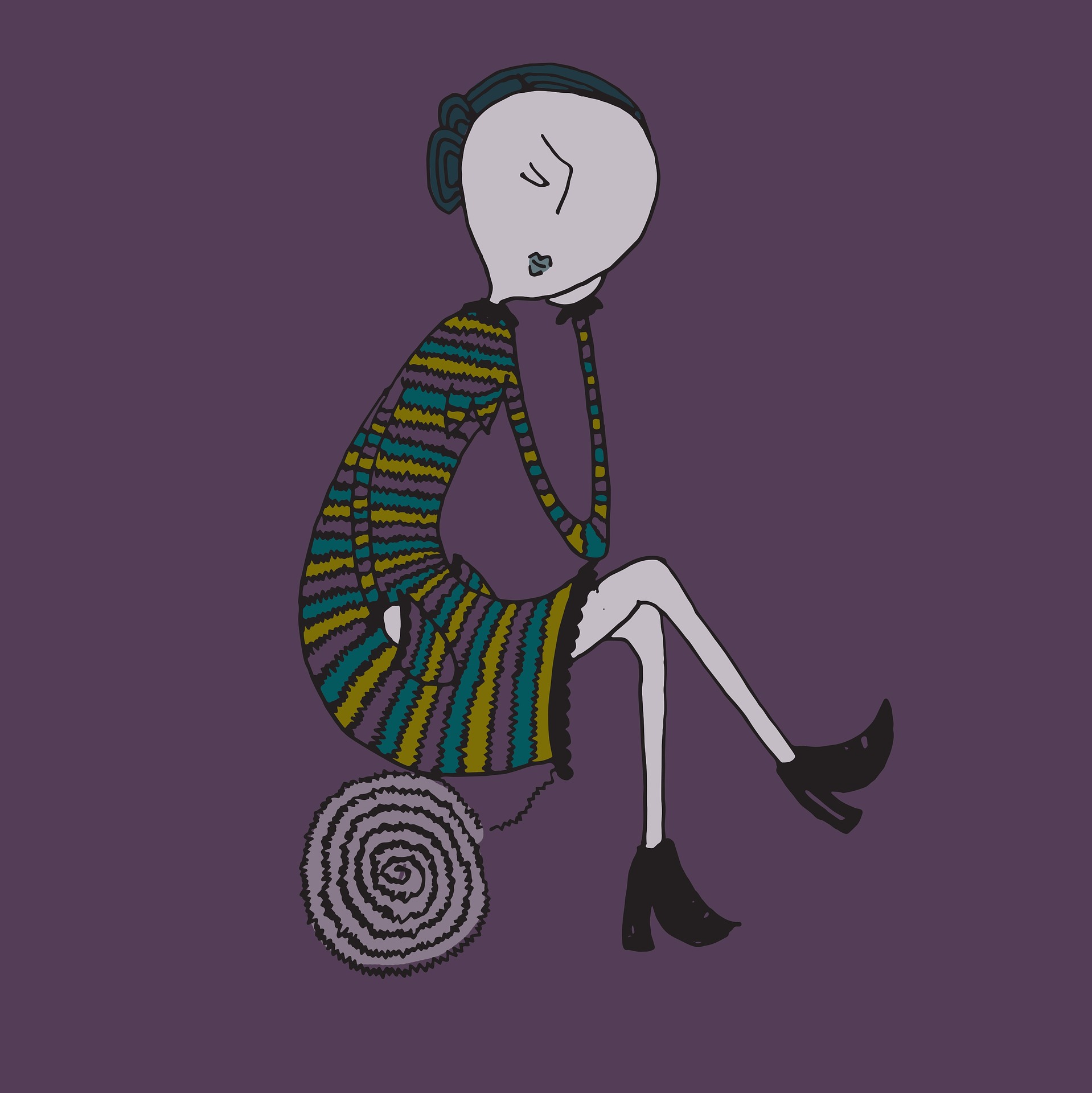ADHD Masking and Burnout: Finding Balance and Resilience
As a therapist specializing in ADHD, I’ve had countless conversations with women in my groups and practice about the complexities of masking. For many of my clients, masking—the act of adapting or concealing neurodivergent traits to fit in—can be a double-edged sword. While it helps them navigate specific environments and relationships, it can also take a toll when relied upon excessively. The key lies in finding a balance that allows authenticity to shine through while still feeling secure and supported.

Why Masking Can Be Both Helpful and Exhausting
1. Masking as a Tool for Connection
Some of my clients describe masking as a way to bridge the gap between their inner world and societal expectations. It allows them to focus in meetings, avoid distractions, or navigate social situations with more ease. When used sparingly and intentionally, masking can be empowering.
2. The Cost of Constant Self-Monitoring
However, when masking becomes a constant effort, it can be mentally and emotionally draining. Clients share how they rehearse what to say, suppress their natural energy, or adjust their tone of voice, all while worrying about how others perceive them. Over time, this vigilance can sap creativity, focus, and emotional resilience.
3. Balancing Authenticity and Expectations
One participant in a study described masking as “molding themselves into different roles” to meet the expectations of others. This flexibility can be a strength, but when taken too far, it can lead to feelings of fragmentation and disconnection from one’s authentic self.
Signs of Burnout from Excessive Masking
Burnout doesn’t always stem from doing too much—it can also result from feeling out of alignment with yourself. Many women I work with describe masking as a performance that leaves little room for rest or authenticity.
Key Indicators Include:
-
Physical Exhaustion – Feeling drained even after a restful sleep.
-
Emotional Overload – Struggling to manage stress or connect with loved ones.
-
Mental Fatigue – Difficulty focusing, making decisions, or staying organized.
-
Physical Symptoms – Clients have reported discomfort, tension, or even stress-related conditions like eczema due to prolonged masking.
If you recognize these signs, it’s a signal to pause and consider whether masking is serving you or weighing you down.
Reframing Masking: A Balanced Approach
In my practice, I encourage clients to view masking not as inherently harmful but as a strategy that can be adapted to fit their needs. Here’s how:
1. Use Masking Selectively
Identify situations where masking feels beneficial, such as professional settings and those where it may not be necessary, like with trusted friends or family. Give yourself permission to “unmask” in spaces where you feel safe.
2. Create Safe Spaces
Building environments where you can express your authentic self without fear of judgment is crucial. This might include therapy, support groups, or close relationships where you feel accepted.
3. Practice Self-Compassion
Reframe negative self-talk about your ADHD traits. Instead of seeing them as flaws, recognize them as part of what makes you unique and valuable.
4. Incorporate Energy-Saving Habits
- Use tools like ADHD-friendly planners to stay organized without overloading yourself.
- Build restorative breaks into your day to recharge.
The Role of Self-Awareness in Masking
Masking can serve as a powerful tool when approached with mindfulness and balance. By becoming aware of when and why you mask, you can better align your actions with your values and needs. This alignment fosters resilience, self-trust, and a sense of authenticity.
Moving Toward Authenticity
Burnout doesn’t have to be the price of masking. By creating a balance between meeting external expectations and honoring your true self, you can thrive. Remember, unmasking isn’t about abandoning strategies that help you—it’s about permitting yourself to prioritize your well-being.
Your Turn:
What has your experience with masking been like? Are there spaces in your life where you feel safe to unmask? Share your thoughts in the comments or connect with a supportive community. Together, we can redefine what it means to thrive as ADHD women—on our terms.
Other Links and Resources
A video on Masking and Burnout


